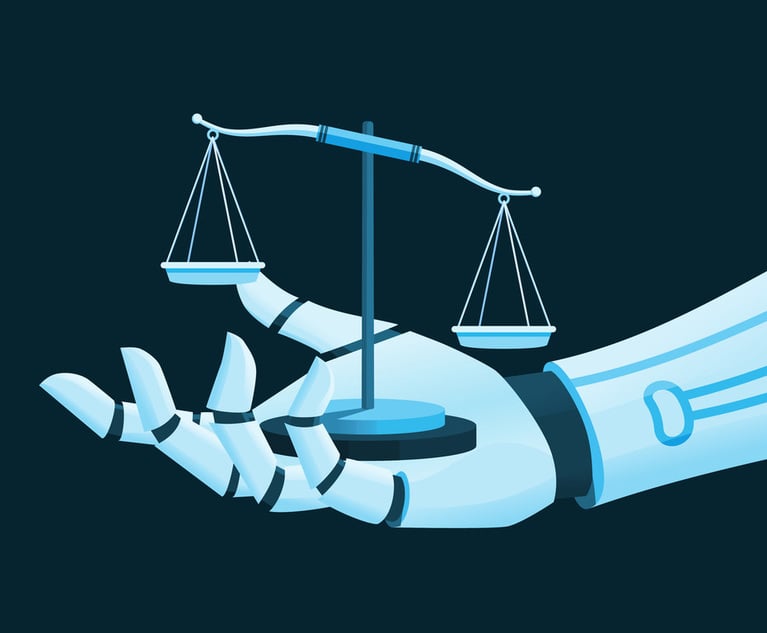As the federal government grapples with the complexities of comprehensive AI regulation and competing agendas, U.S. states are computing their own solutions to the challenges posed by the rapid advancement of AI in services, products and industries. There have been some efforts to prompt federal oversight of AI including the Executive Order on Safe, Secure and Trustworthy Development and Use of Artificial Intelligence released in October 2023, and the bipartisan-drafted AI Roadmap revealed in May 2024. Yet, presently, there is no overarching federal law or regulatory scheme specific to the unique challenges of AI. This places AI regulation on track to follow the same path as privacy/data collection—with the states, the courts, the industry itself, and other jurisdictions trying to fill the void.
Several states are trying to tackle this challenge. At least 12 states, including California, Colorado, Illinois, New York and Utah, have enacted or proposed laws to regulate AI using different approaches. Some states are taking a bold approach with broad, encompassing legislation, while others are taking “baby steps” by regulating small, discrete areas affected by AI.


